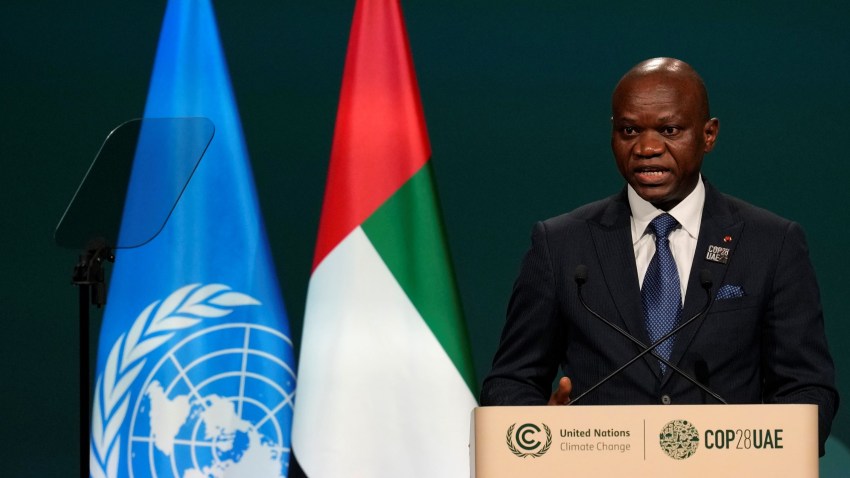On Aug. 30, shortly after Gabon’s electoral commission declared then-President Ali Bongo Ondimba the winner of the country’s 2023 presidential election, members of the army’s Republican Guard unit launched a coup. They placed Bongo and his wife Sylvia under house arrest and detained several individuals with close ties to Bongo, including Sylvia’s oldest son, Noureddin.
In a speech televised on Gabon’s public broadcaster, a military spokesperson speaking on behalf of the self-proclaimed Committee for the Transition and Restoration of Institutions announced that the Bongo administration had been dissolved and that an interim military junta would take up the reins of government. He justified the coup by pointing to the country’s poor governance and the conduct of the recently held general election, whose results the junta nullified, even as it disbanded state institutions and closed the country’s borders.
Later that day, Gen. Brice Clotaire Oligui Nguema, the commander of Gabon’s Republican Guard, was installed by the junta as the head of state. Oligui was formally sworn in as “transitional president” on Sept. 4 during a ceremony at the presidential palace in Libreville, Gabon’s capital.

